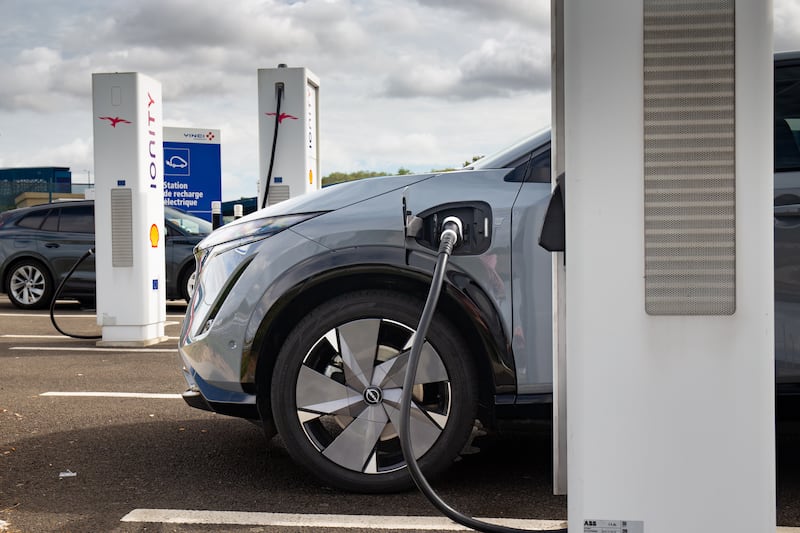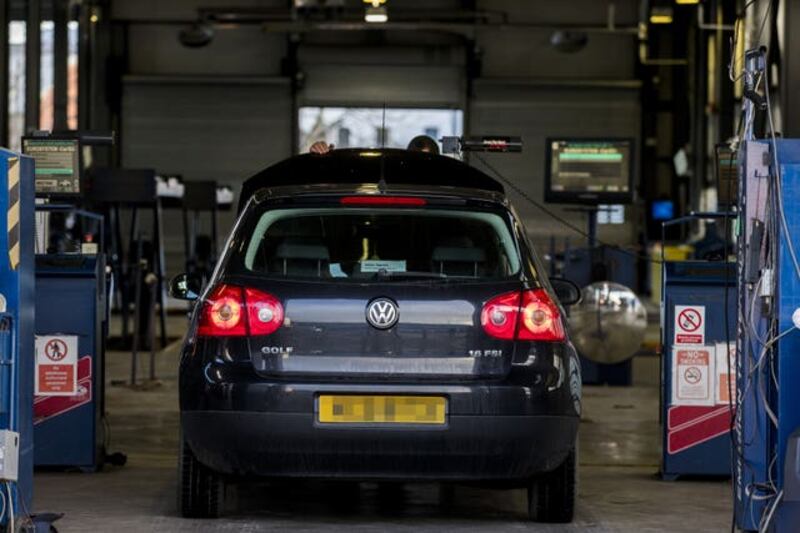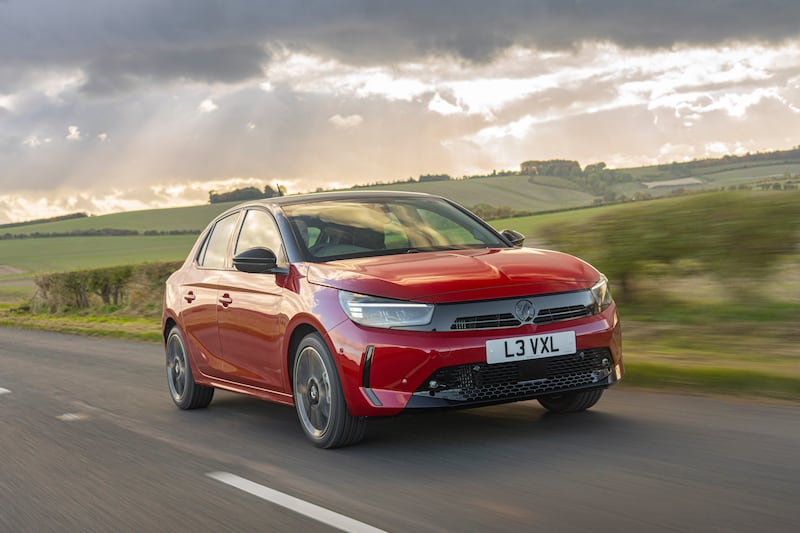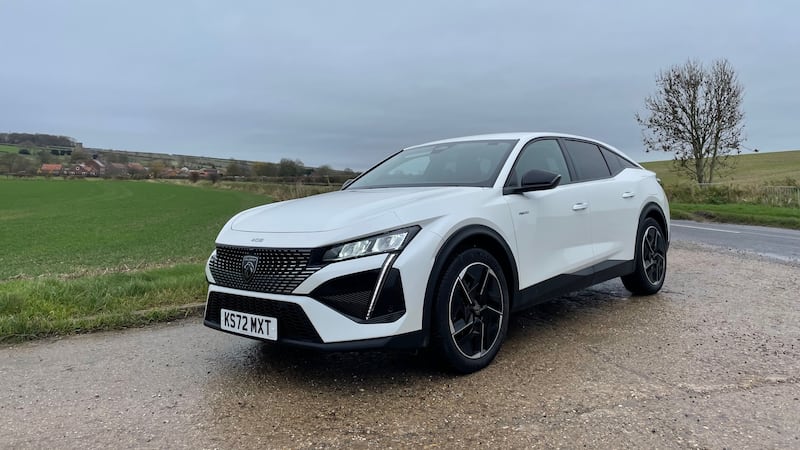What should I look for when buying a new car in 2024?
Buying a new car should be exciting. Be that a brand-new model or a used example, there's something very exhilarating about getting the keys to a new set of wheels. Finding one should be fun, too, but there are some things to remember if you're in the market for a new car.
Here, we're going to walk through some of the key aspects to remember when you're looking for a new car - be that new or used.
Budget
Before you even start looking, it's always best to get a budget in mind.
This leaves you far better equipped to zero in on exactly what you're looking for can can help avoid any nasty surprises further down the road, too.
Don't just think about the headline price of the car, either - or the monthly payments, if you're going down the finance route. Instead, bundle up all of the potential costs such as insurance, fuel and maintenance into one per-month total so you can make sure you're prepared for the total cost of ownership of the car.
Powertrain options
 Nissan Ariya France Adventure The Electroverse card provides instant access to thousands of chargers (Jon Reay)
Nissan Ariya France Adventure The Electroverse card provides instant access to thousands of chargers (Jon Reay)It used to be that your only two options were petrol or diesel. These days, the picture is more complex with plug-in hybrids, regular hybrids and electric models all offered alongside their 'regularly' powered counterparts.
Before you start looking, it might be worth thinking about which one could suit you best.
Plug-in hybrids, for example, offer a decent amount of electric-only range with the background of a combustion engine while electric-only versions can deliver huge savings, but you need to make sure you have a plan for how to charge it up in place. Do as much research as you can in this area and never be afraid to ask a retailer any questions you might have.
History
 Emissions testing on cars
Emissions testing on carsHistory, if you're looking at a used vehicle, is massively important. Of course, if you're looking at cheaper used models then you need to be prepared for a vehicle which might have a little less history present than a more expensive version, but you should always try and get as much information as possible about a car's life before it came to you.
Try and ask the seller - or dealer - for receipts for previous maintenance work and ask to see invoices for MOTs, too.
You can also go online to do a free MOT checker via the DVSA website - you just need to input the car's registration - and this will flag up any previous advisories or failed tests. Many online services also allow you to pay for a more comprehensive background check of a vehicle which can highlight any outstanding finance or whether or not the car has been previously written off.
Scams
 Computer studies increase
Computer studies increaseUnfortunately, the car selling market is rife with scammers looking to take advantage of people who think they're on to a good deal. As the saying goes, 'if something looks too good to be true, it probably is' and nowhere is this more relevant than with car buying.If a car looks too cheap, then this should be an instant red flag.
Compare it with other similar models on sale and, if it massively undercuts them, we'd advise walking away.
Likewise, if the vendor asks for a holding deposit or fails to give a proper address then we'd steer clear. A good test is to do an internet search of a vendor's displayed address - if it doesn't really tally with what they're saying, then it could mean something's afoot. As always, never part with any money until you've seen the vehicle, inspected its history and driven it.
Test drive
 Vauxhall Corsa The test drive is crucial to the whole experience (Stuart G W Price)
Vauxhall Corsa The test drive is crucial to the whole experience (Stuart G W Price)A test drive is a crucial part of the car buying experience and one which gives you a superb insight into what a car is like.
We'd be listening out for any squeaks or rattles as well as any knocks from the steering or suspension. A great trick is to take the car into a large, open area - a supermarket car park is ideal - and turn the steering wheel fully one way before driving forward slowly.
Do this in the opposite direction and it can quickly flag up any knocking noises or issues with the steering. If you hear these, then it's probably best to avoid the car.If you're too young to test drive a vehicle due to insurance limitations, then take someone older that you trust to test the car for you and relay what they think back to you.
Plus, remember to never feel pressured into buying a car - if you're not happy, for whatever reason, then don't be afraid to walk away.

